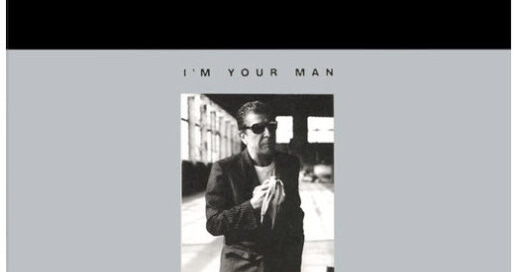I was born with the gift of a golden voice
Leonard Cohen - 'Tower of Song' (I'm Your Man - 1988)
In 2008 I, and tens of thousands of others, had the immense privilege of seeing Leonard Cohen live at Glastonbury. One of those gigs immediately comes to mind when people ask which gigs I’m pleased I didn’t miss1 Laughing Len was quite the showman, tipping his hat to the crowd at the end of each song as the late June sunshine faded away behind the rollin…
Keep reading with a 7-day free trial
Subscribe to The Run Out Grooves to keep reading this post and get 7 days of free access to the full post archives.




